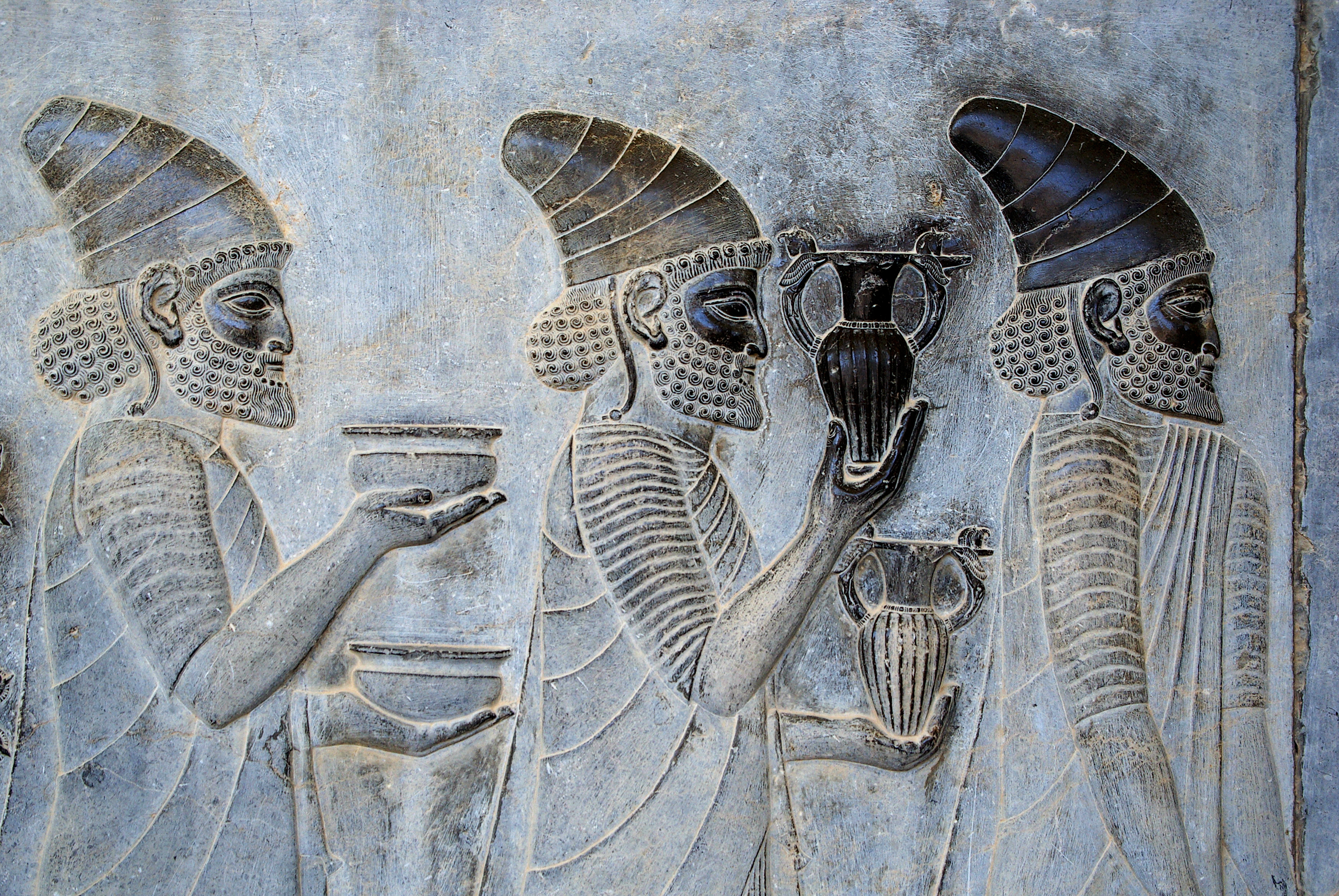While it wasn’t until the excavation of the Areni-1 winery in Armenia (2007-2010) that we found the earliest evidence of wine production which dates to 4100 BC, the actual true date of the invention of wine has yet to be pinpointed as of yet. There is evidence reaching further back of wine made from grapes in Georgia around 6000 BC and Iran in 5000 BC, but no production evidence as detailed and studied as the Areni-1 cave. In fact, evidence exists of grape and other fruit wine in China as far back as 7000 BC.
The grape debris and remains found in the Areni-1 cave were of the Vitis vinifera variety, the same variety we find in Europe (and planted in wine regions the world over) today.
It is safe to assume that these findings aren’t the beginning of winemaking, but mark an important part in retracing the steps of history in winemaking. It is also safe to assume that winemaking goes much further back than the earliest written record in all of history. It may be plausible that winemaking goes back to the cusp of nomadic humans and the first structured settlements. There is a theory that the sourced fruits and berries in ancient times could have began to ferment in the bottom baskets used for collecting fruit and began to make essentially a low proof wine. Humans have a long history of desiring altered conscious states (both recreationally and religiously), and the findings of how one felt after drinking this basket bottom fermented juice could have led to the desire to reproduce the effects and essentially invent an early version of the wine we know today.

